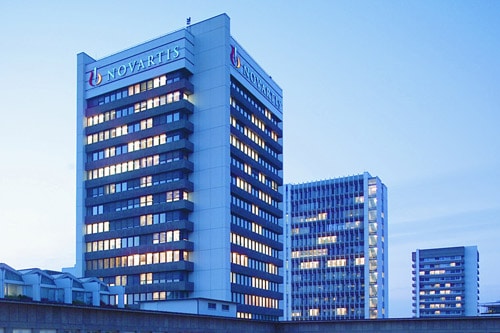
CAR-T therapies from Novartis and Gilead took centre stage at the American Society of Haematology meeting over the weekend, with studies showing they can achieve durable responses in patients with B-cell lymphomas.
One-year results from the ZUMA-1 trial of Gilead’s Yescarta (axicabtagene ciloleucel) in aggressive non-Hodgkin’s lymphoma, plus six-month data from the JULIET trial of Novartis’ Kymriah (tisagenlecleucel) in adults with relapsed or refractory diffuse large B-cell lymphoma (DLBCL), helped laid to rest doubts that CAR-T can provide sustainable cancer responses.
It’s important data, as Yescarta and Kymriah have both been approved speedily on the back of mid-stage data in order to make them available to patients more quickly, without solid evidence that their effects are long-lived.
Among the 108 patients in ZUMA-1, more than half (59%) were still alive after a median follow-up period of 15.4 months, with 42% of them in remission and 40% having a complete response.
The data “confirms that these responses can be durable and the ongoing responses at 24 months suggest that late relapses are uncommon”, said lead investigator Sattva Neelapu of MD Anderson Cancer Centre in the US. “With existing therapy, the median survival for people with this disease is only 6 months.”
Meanwhile, updated results from JULIET showed that 30% of patients treated with cell-based therapy were in complete response six months after the therapy was administered.
The results – in 46 of 81 patients in the trial who had passed the six-month timepoint – showed an overall response rate of 37% according the trial investigators, who said the results show that the initial complete responses seen at three months were sustained and the median duration of response wasn’t reached.
“While we don’t completely understand why these remissions are so durable, it’s exciting and will change how this disease is treated when conventional therapies fail,” said lead investigator Stephen Schuster, of the University of Pennsylvania and Penn’s Abramson Cancer Centre.
“We are going to be able to offer patients who don’t respond to standard therapies a form of therapy that may, after a single treatment, relieve symptoms and save lives.”
Kymriah was approved by the US FDA in August for acute lymphoblastic leukaemia and was submitted for approval in DLBCL shortly afterwards. In Europe it was filed last month for both ALL and DLBCL. Meanwhile, Yescarta was approved by the FDA for B-cell lymphoma in October and has been filed in Europe with a verdict due in the first half of next year.
There was also good news from another earlier trial of a BCMA-targeting CAR-T bb2121 being developed by Celgene and Bluebird Bio, which showed the candidate was able to achieve responses in patients with multiple myeloma, with a 56% complete response rate in a heavily-pretreated population.




